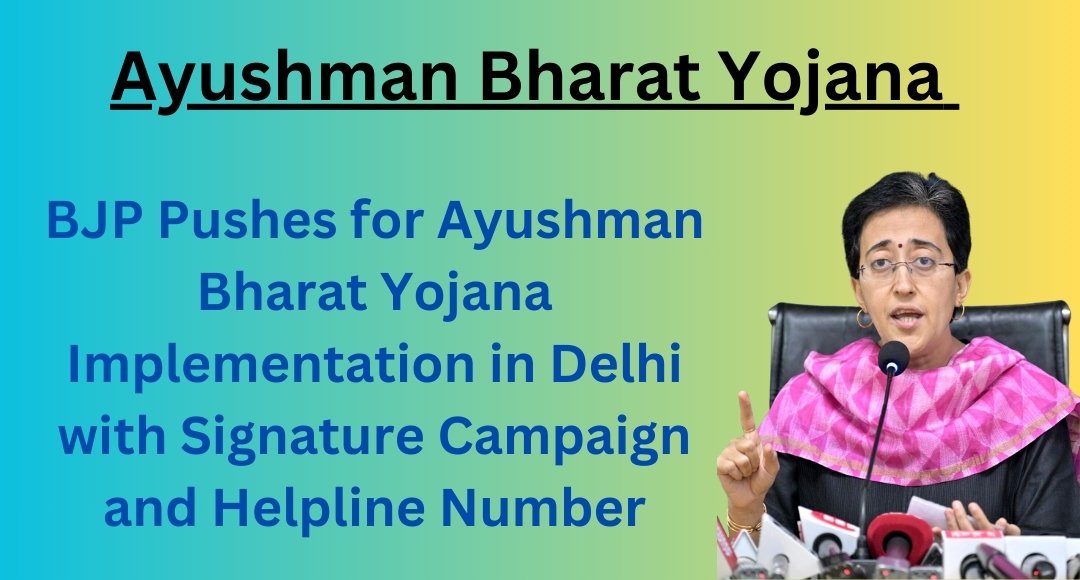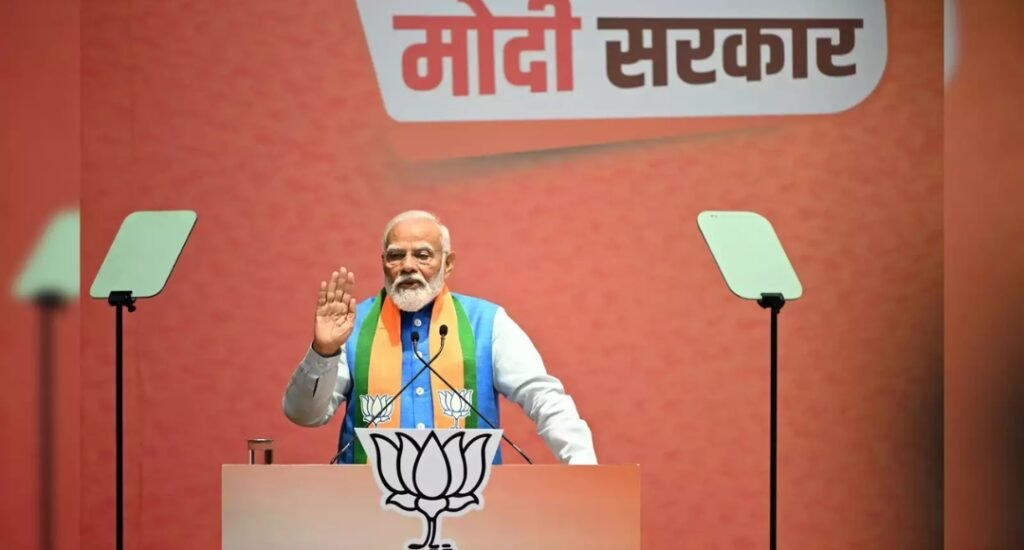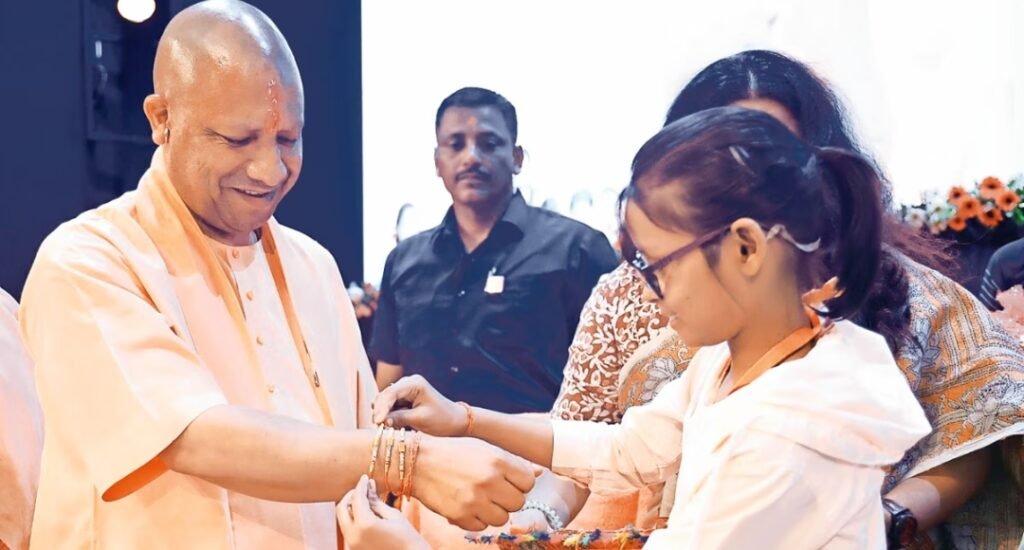The Bharatiya Janata Party (BJP) has launched a massive signature campaign to demand the implementation of the Ayushman Bharat Yojana in Delhi. Along with this campaign, the party has also released a dedicated helpline number to gather public support for their cause. The move is aimed at pressuring the Delhi government to roll out the central healthcare scheme, which has been operational in many other states but remains absent in the national capital.
This political tug-of-war over Ayushman Bharat has reignited the debate about access to affordable healthcare in Delhi, with both parties presenting contrasting views on the issue.
What is Ayushman Bharat Yojana?
Ayushman Bharat Yojana, officially known as the Pradhan Mantri Jan Arogya Yojana (PM-JAY), is a key healthcare initiative launched by the central government of India. The scheme is designed to provide free health insurance worth up to ₹5 lakh annually for each family, specifically targeting economically weaker sections of society.
This ambitious program includes a broad range of medical treatments, ensuring that financially disadvantaged and vulnerable groups can receive quality healthcare services without the burden of high costs.
While most states have embraced the scheme, Delhi has yet to implement it, citing the existence of alternative healthcare initiatives managed by the state government.
Why Has BJP Started a Campaign?
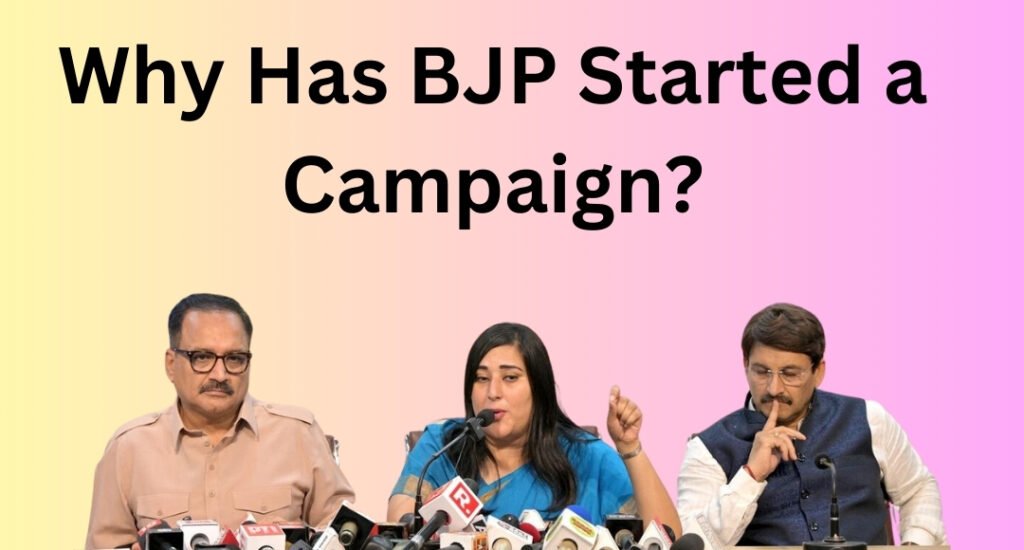
The BJP has criticized the Delhi government for not implementing Ayushman Bharat, claiming that it denies affordable healthcare to thousands of families who could benefit from the scheme. To build public pressure, the party has launched a signature campaign, appealing to Delhi residents to support their demand.
Key Aspects of the Campaign:
- Public Participation: The signature drive encourages citizens to express their desire for the scheme’s implementation.
- Dedicated Helpline: A helpline number has been introduced to collect opinions and provide information about the benefits of Ayushman Bharat.
- Awareness Efforts: The BJP is also spreading awareness about the scheme, emphasizing its potential to benefit millions of Delhiites.
The campaign is seen as a strategic move to expose the gaps in the Delhi government’s healthcare policies while rallying public support for Ayushman Bharat.
Delhi Government’s Stance
The Delhi government, led by the Aam Aadmi Party (AAP), has consistently opposed the implementation of Ayushman Bharat in the city. According to the AAP, Delhi’s existing healthcare infrastructure, including schemes like the Delhi Arogya Kosh, is already providing comprehensive benefits to residents.
Key Arguments by the Delhi Government:
- Existing Programs: The government claims that its healthcare schemes are more inclusive and effective than Ayushman Bharat.
- Free Healthcare in Government Facilities: Delhi residents already receive free treatment in government hospitals, reducing the need for an additional insurance-based scheme.
- Administrative Concerns: The AAP argues that duplicating healthcare schemes would lead to confusion and inefficiency.
Despite these arguments, critics have pointed out that the lack of Ayushman Bharat deprives Delhi residents of access to advanced treatments in private hospitals, which are covered under the central scheme.
Public Response to the Campaign
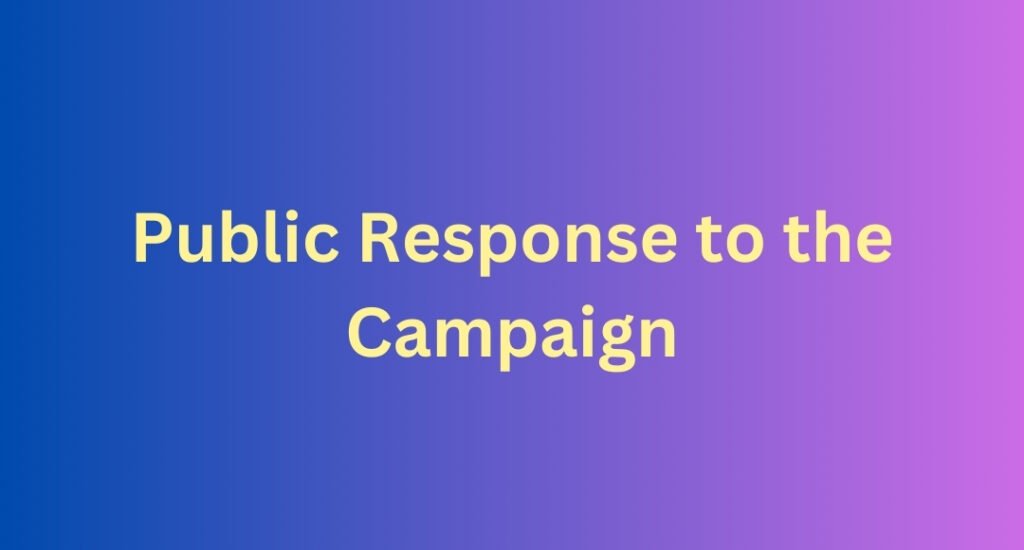
The BJP’s signature campaign has garnered mixed reactions from Delhi residents. While some have expressed support for Ayushman Bharat, others believe the state government’s healthcare initiatives are sufficient.
Voices from the Ground:
- Support for Ayushman Bharat: Many residents feel that the scheme would provide a safety net for families struggling with high medical expenses in private hospitals. For them, the ₹5 lakh insurance coverage under Ayushman Bharat is a significant advantage.
- Skepticism About Political Intentions: Some citizens see the BJP’s campaign as a political move aimed at gaining leverage against the AAP government rather than a genuine effort to improve healthcare.
- Trust in State Healthcare: A section of the population supports the AAP’s claim that Delhi’s healthcare infrastructure is already meeting their needs.
Healthcare Politics: A Battle for Public Trust
The clash over Ayushman Bharat has turned into a larger political battle between the BJP and the AAP, with both parties trying to win the public’s trust. While the BJP accuses the Delhi government of denying citizens their right to affordable healthcare, the AAP maintains that its policies are more efficient and better suited for the city’s needs.
Key Points of Contention:
- Access to Private Hospitals: Ayushman Bharat allows beneficiaries to avail treatment in private hospitals, which Delhi’s existing schemes do not cover comprehensively.
- Financial Protection: The BJP highlights the financial security provided by Ayushman Bharat, particularly for middle- and lower-income families.
- State vs. Central Policies: The debate underscores the broader issue of coordination between state and central governments in implementing welfare schemes.
The Way Forward
To resolve the impasse, both governments need to prioritize the healthcare needs of Delhi residents over political differences. Here are some possible solutions:
- Collaborative Approach: The central and state governments can work together to integrate Ayushman Bharat with Delhi’s existing healthcare schemes, ensuring comprehensive coverage for all.
- Pilot Implementation: A pilot phase of Ayushman Bharat in specific regions of Delhi could help assess its effectiveness and compatibility with state programs.
- Public Consultation: Involving citizens in the decision-making process can help address their concerns and build consensus.
- Data-Driven Policy Making: Analyzing healthcare utilization and financial needs of Delhi residents can guide the adoption of the most effective model.
The BJP’s signature campaign for Ayushman Bharat Yojana’s implementation in Delhi has reignited the debate about healthcare accessibility in the national capital. While the scheme has undeniable benefits, the Delhi government’s concerns about duplication and inefficiency also hold merit.
Ultimately, the success of any healthcare initiative depends on its ability to address the real needs of the people. Instead of letting political rivalry dictate the outcome, the focus should be on creating a robust, inclusive healthcare system that ensures no one in Delhi is left behind.
